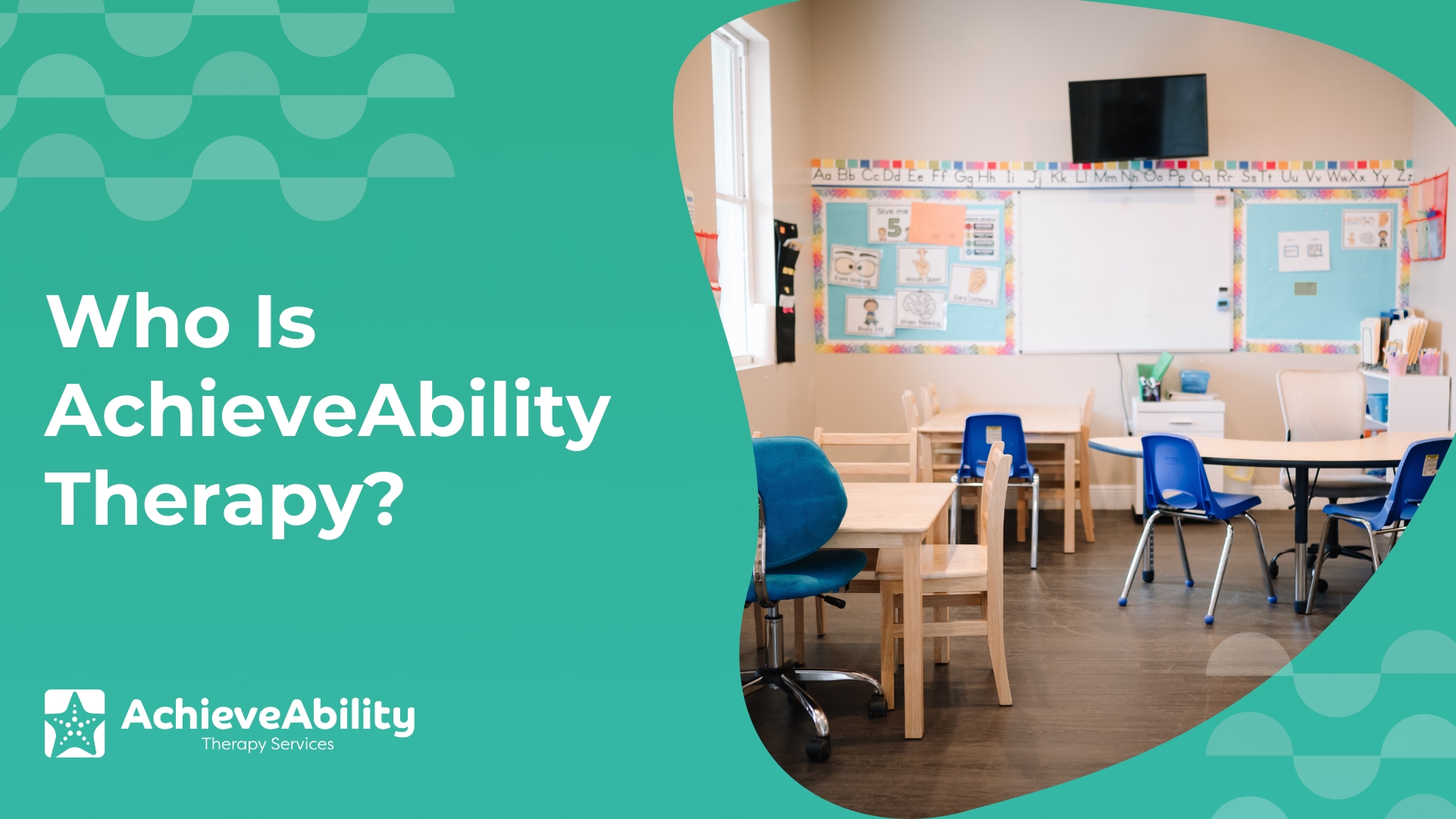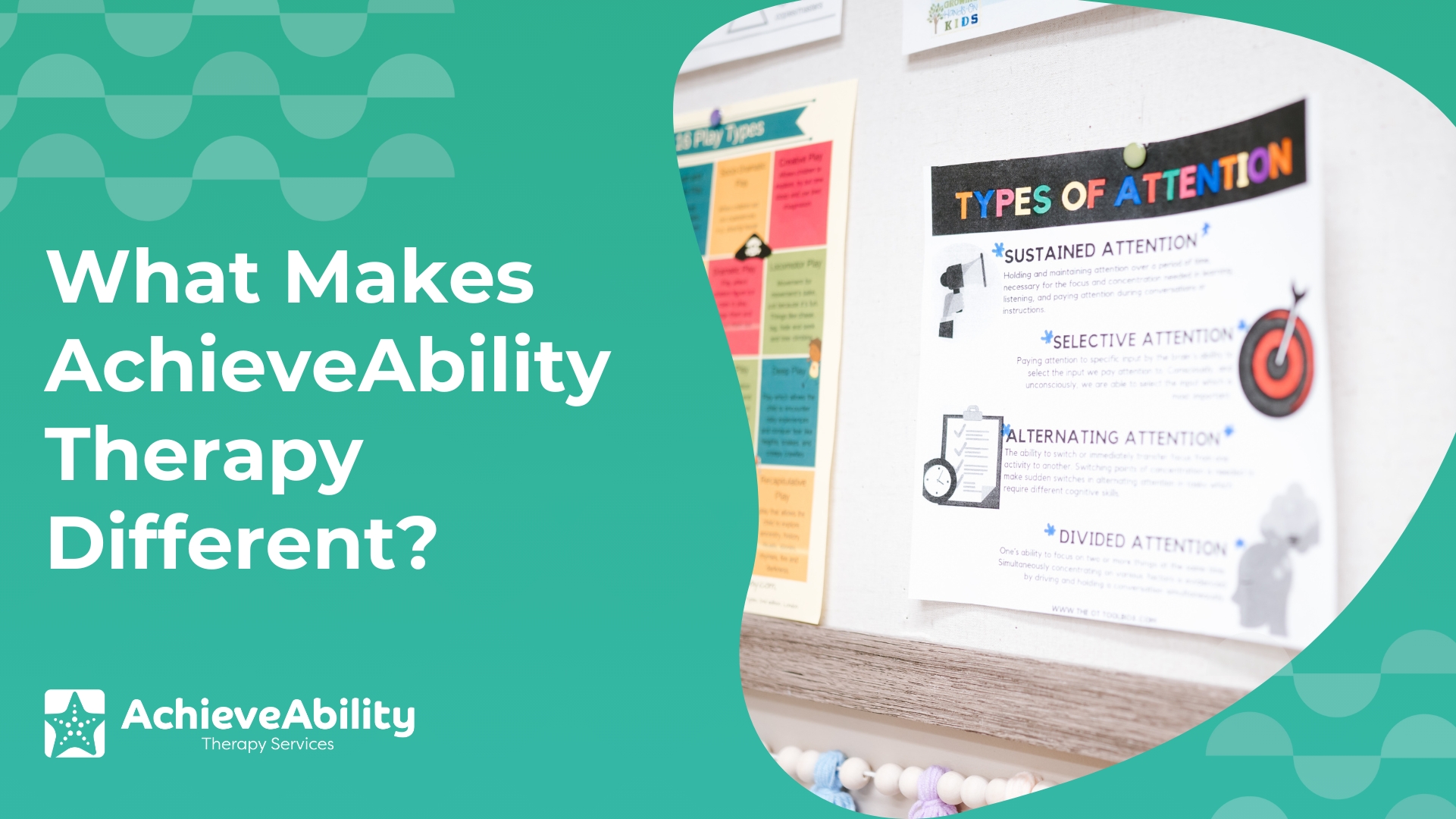One of the most complex parts of parenting is figuring out how to provide your children with the tools they need to grow up and live up to their greatest potential. That potential looks different for everyone. With occupational therapy, we can help patients develop the skills they need to live independently within the boundaries of their abilities.
An occupational therapist assesses and treats patients who need to develop, recover, or maintain activities or states of being. Children who see occupational therapists may have a congenital condition that affects their cognitive or physical functioning. Some examples are neurological disorders like autism spectrum disorder or cerebral palsy. Others may see occupational therapists while they recover from injury or illness.
All of our occupational therapy treatments are very individualized to the patient. However, there are some generalizations we can make about the way occupational therapists encourage independence in our patients.
Increases Coordination and Balance
At the very basic level, to be independent, children need to be able to move around their environments safely. Occupational therapists teach fine and gross motor skills like strengthening their limbs or learning to hold utensils. Most people don’t realize how much they rely on their coordination and balance during the day. They are essential to a person’s physical independence, and improving a child’s coordination provides great freedom and peace of mind to them and their caretakers.
Teaches Basic Daily Living Skills
Another thing occupational therapists put a lot of focus on is skills for daily living. Getting up, dressed, and ready for school or work is a big part of living independently. Your therapist can work with your child and teach them to brush their teeth, bathe, get dressed, and use the bathroom independently to the degree it is possible with their diagnosis. The ability to care for themselves instills self-esteem and confidence in children and adults.
Develops Planning And Organizing Skills
One significant element of childhood that reduces a person’s sense of independence is the percentage of their personal time that is managed by a parent or guardian. Occupational therapy can help children develop essential time management skills and help them establish routines for success. Children without organizational skills may display poor self-confidence, emotional dysregulation, and diminished social skills. Children with practiced organizational skills feel more autonomy over their day-to-day lives.
Prepares Them For School
Once a child enters school, a whole new set of skills is required of them. For instance, they need to have developed the fine motor skills to hold a pen or pencil, the organizational skills to take notes in class that will help them absorb and recall information, and the social skills necessary to speak with their teachers and peers. Whether your child needs to develop the ability to express their personal needs or to hold a conversation, an occupational therapist can help them navigate the school environment.
Occupational therapy strategies are designed to meet the needs of each individual child. We use your child’s existing strengths as a foundation, on top of which we stack new skills. Some children begin therapy needing significant support managing their activities of daily living. Our goal is to celebrate as each new skill emerges and lead your child toward their highest level of success. Other children need help targeting a few issues that hold them back at school or regaining preexisting skills they lost during an injury or illness. Regardless of how your child finds their way to our team, we can create a treatment plan to support them.
Contact our office today to learn more about our occupational therapy services and to be paired with a qualified therapist.







